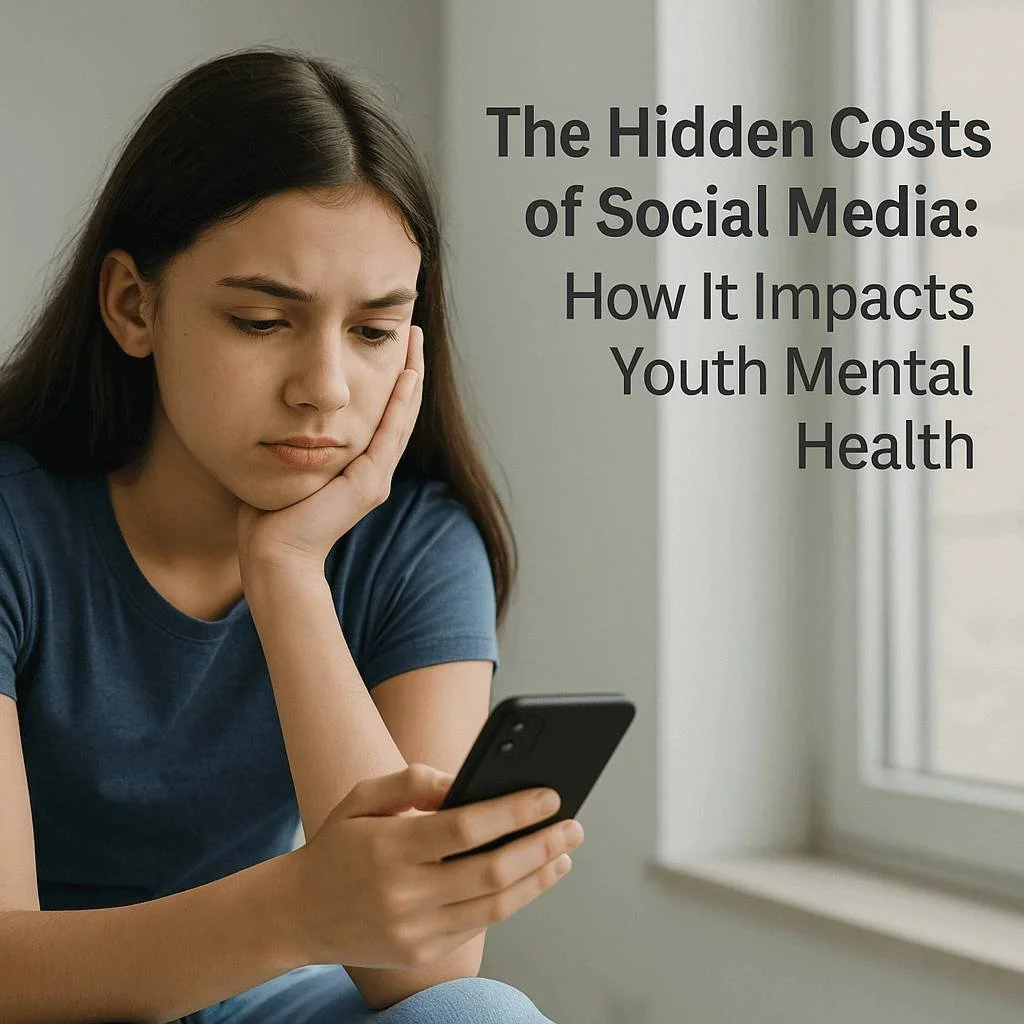
The Hidden Costs of Social Media: How It Impacts Youth Mental Health
Social media is shaping how today’s youth see themselves and the world around them. Learn how it impacts teen mental health — from self-esteem and sleep to anxiety and cyberbullying — and what parents can do to support healthier digital habits.

Managing Stress and Burnout: Tools from a Registered Counsellor in Coquitlam
Chronic stress and burnout are increasingly common concerns that can impact both mental and physical health—but they are not the same. While stress is often a temporary response to specific pressures, burnout is a more serious condition that develops over time and can lead to emotional exhaustion, detachment, and decreased functioning. At our counselling practice, we help clients recognize the difference between stress and burnout and provide personalized therapy and mental health support to promote long-term resilience, balance, and well-being.

